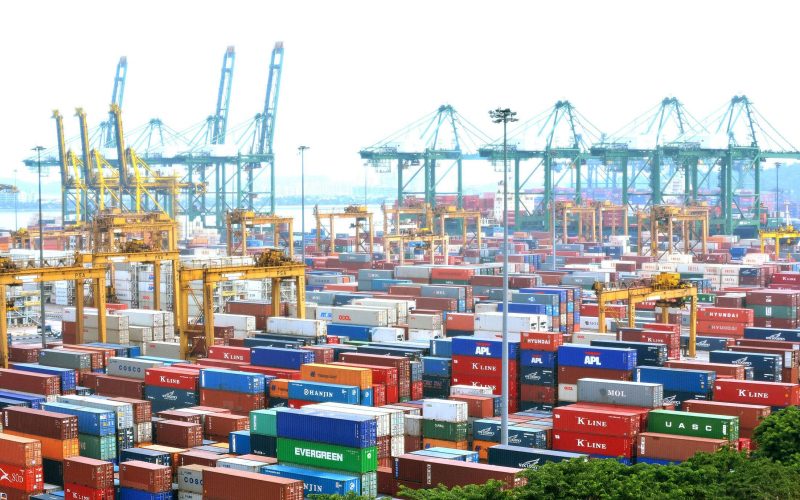Participants at a two-day workshop on Thursday have stressed the need to intensify awareness campaign for Nigeria to record a boom in exportation of apparel under the African Growth Opportunity Act (AGOA).
The participants stated this at a programme tagged, “Global Exports, Expanding International Competitiveness of West African Growers and Processors’’, organised by the Nigerian Export Promotion Council (NEPC) and other agencies.
At the event that had the AGOA Resource Centre, USAID and West Africa Trade and Investment Hub as collaborators, the stakeholders stressed the need for education of exporters and synergy between the agencies to take over the U.S. market.
The South-West Regional Coordinator of NEPC, Mr Babatunde Faleke while declaring the programme open said that the council was training desk officers from the six geopolitical zones of the country to educate people in their regions on the benefits of exporting under AGOA.
Faleke said that though there was opportunity to export 6,500 items to the U.S. market duty free, Nigerian exporters did not enjoy the opportunity due to ignorance; hence the need to equip all the regions with adequate knowledge.
“AGOA cannot be run in Lagos alone. So I made a memo to the desk officers in the six geo-political zones to be here for this training,’’ the News Agency of Nigeria (NAN) quotes him as saying.
He said that the Customs Service was a major stakeholder on export matters but the agency made export procedures cumbersome, thereby discouraging exporters.
“Fifty companies are exporting but not under AGOA.
“On apparels, we have issues and it is with the Customs. Textile visa is very important under AGOA,’’ Faleke said.
He said the NEPC in its bid to stop the loss of revenue to the nation, decided to invite a resource person from Ghana, the only country doing well in West Africa under AGOA to train participants.
While delivering his opening remarks, Mohamed Abouiiana, a Senior AGOA Specialist, West Africa Trade and Investment Hub, Ghana, said that the West African sub-region was backward and could take advantage of the remaining eight years left to harness AGOA benefits.
He said that products were 33 per cent more competitive in U.S. and the international market if exported duty free under AGOA to the U.S. market.
Abouiiana, who was the Guest Speaker at the event, in his interactive lecture, said that 27 countries currently had visa systems to export apparel and textiles to the U.S. under AGOA, adding that 13 of the countries were from West Africa.
He said that the textile and apparel market was a huge manufacturing and job -creating opportunity the nation could explore under AGOA, adding that Nigeria was backward.
Abouiiana said that East Africa accounted for 67 per cent of the exports; South Africa, 32 per cent; while West Africa did only one per cent of exports under AGOA with Ghana doing a large chunk of it.
He said that there was huge potential exports under AGOA, adding that fabric from other countries could be also be sewn and exported duty free under AGOA.
“One of the most successful products for AGOA is garments.
“We need to get the message out,’’ he said.
NAN reports that various Customs commands took turn to explain the problem of ignorance which affected exporters.
Mr Olumoh Olanrewaju, an Assistant Comptroller of Customs, Murtala Mohammed Airport, said that exporters confused some restrictions placed on imported goods to extend to exports.
Mrs Lucy Usman, an Assistant Comptroller of Customs, Apapa Command, urged NEPC to approach the right desk for information while urging the Deputy Comptroller, Tarrif and Trade, to address the issues officially.
Also, Mr Indabawa Tijani, an Assistant Comptroller of Customs, Tin Can Island Command, suggested that Customs officers should be assigned to AGOA, issues to deal with bureaucratic bottlenecks.
Mr Abubakar Umar from NEPC, Kano Regional Office, representing the North East, told the News Agency of Nigeria NAN th

